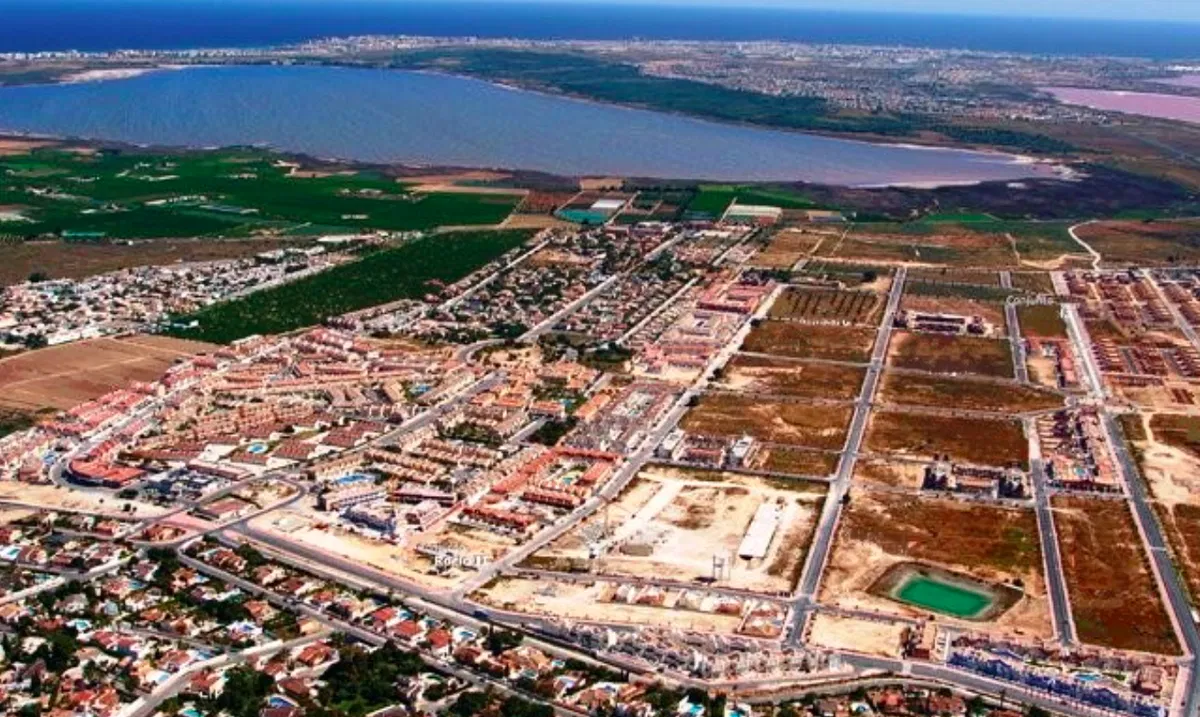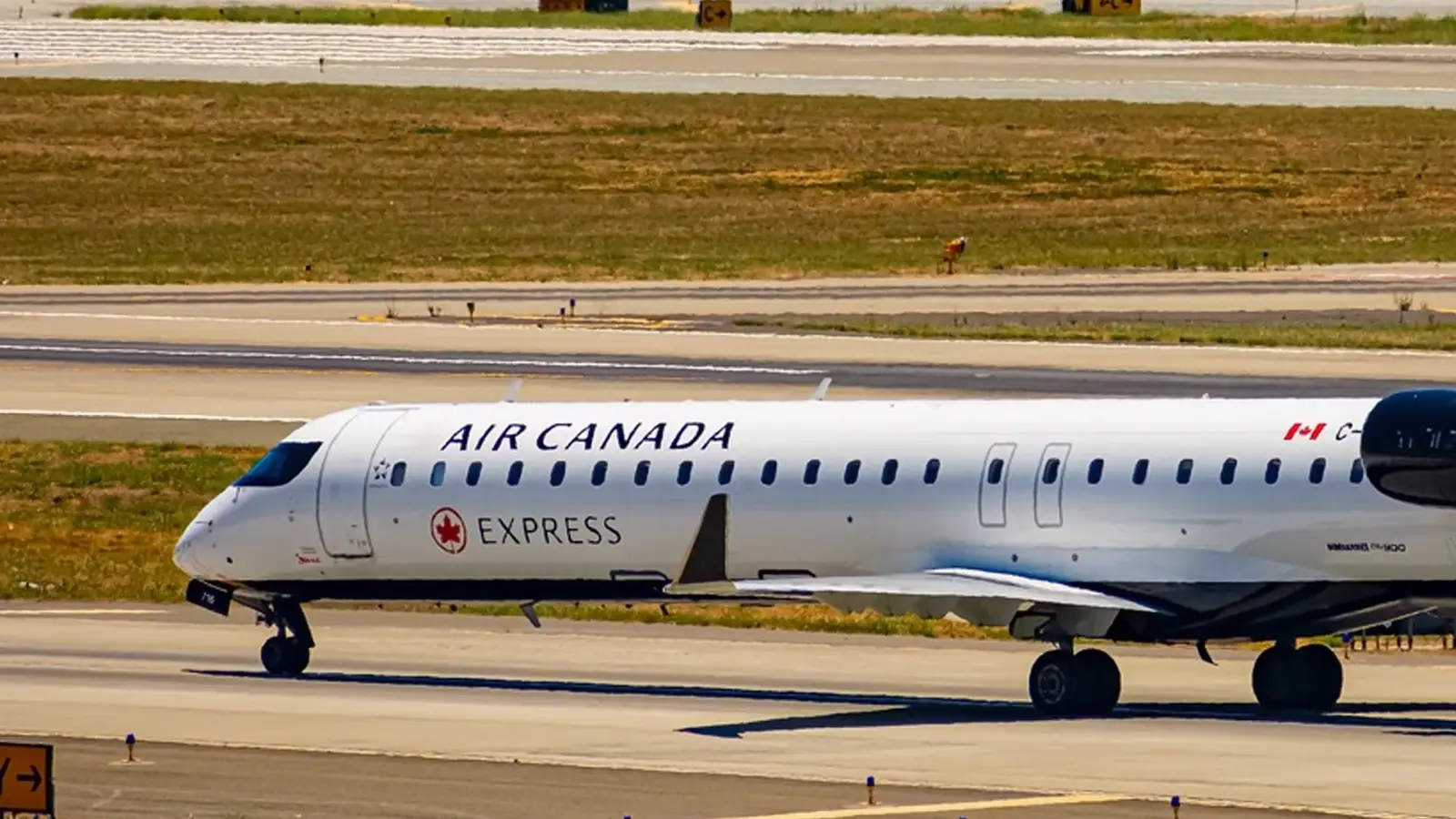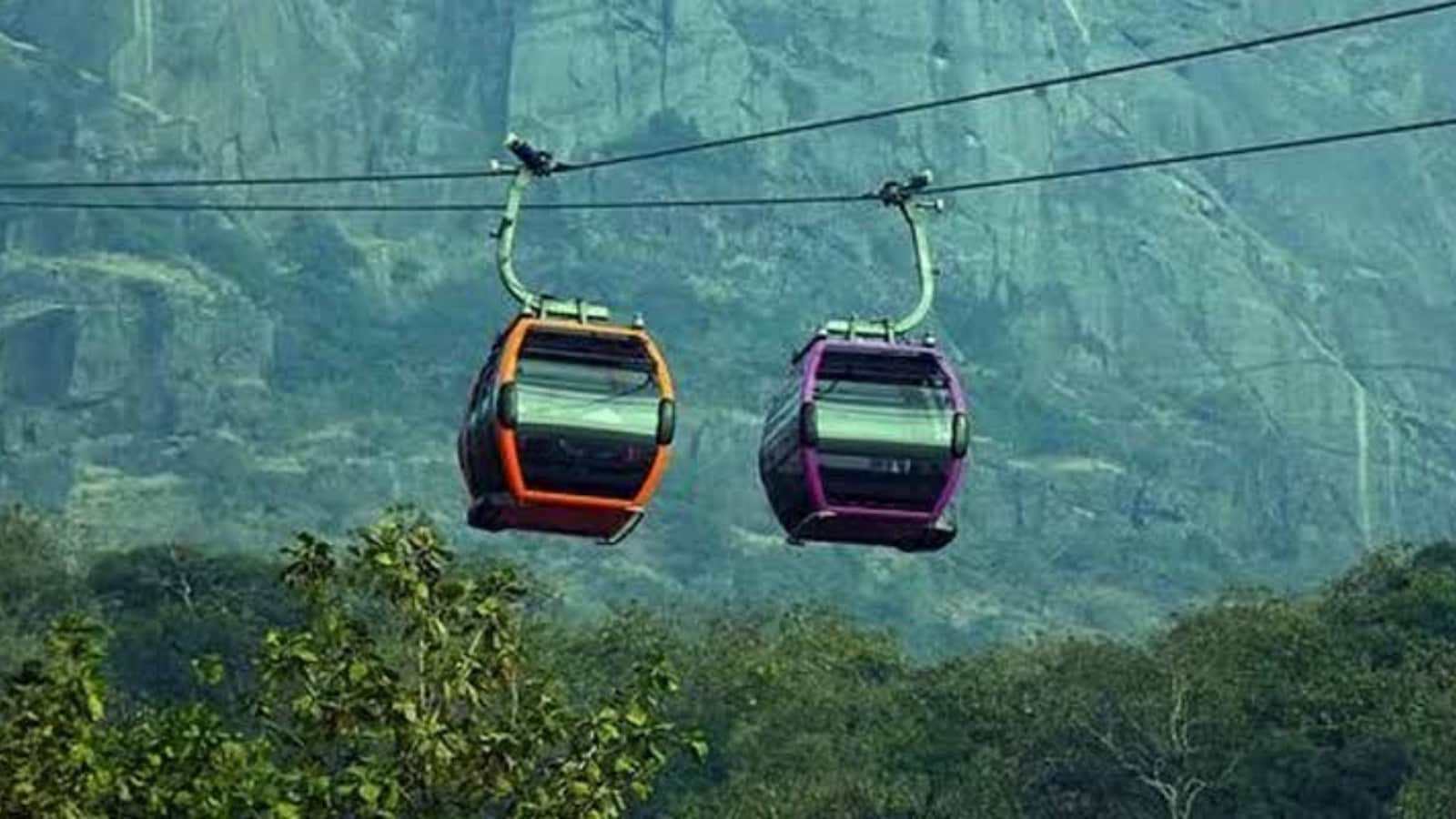By Molly Grace
Copyright euroweeklynews

Ciudad Quesada, a popular urbanisation of 30,000 houses in the Vega Baja region of Alicante, continues to struggle with limited public transport, leaving many residents and expats feeling isolated. The area currently has no internal bus service, and taxis are often expensive, hard to get, or operate unofficially, making daily travel difficult, particularly for elderly residents and those without a car.
Speaking to Euro Weekly News, Judith Richards, explained that “getting around without a car is almost impossible, even for trips to the beach or local shops.” John Peters, another resident, added that taxis are also inconsistent and costly, and some drivers take advantage of the situation and operate without official licences, leaving people dependent on private vehicles.
Public transport in nearby areas such as El Raso provides some connections to Guardamar, Torrevieja, and Alicante, but these services do not meet the needs of Cuidad Quesada’s residents. Maria Lopez a long term resident, pointed out that while buses exist outside the urbanisation, “inside Cuidad Quesada itself, there’s nothing,” and the lack of service has persisted since the COVID-19 pandemic. This is particularly challenging in summer, when traffic and parking pressures increase, making trips to the beach or shops even more difficult. The absence of reliable transport has prompted some residents to suggest relocating to nearby towns. Residence without transport say that Benijófar offers better connectivity, with buses running regularly, shops within walking distance, and less reliance on cars. Others note that day-trip coaches or services from surrounding towns can be used for occasional excursions, but these are no substitute for a consistent internal network.
Residents have long asked for improved transport. Many say that a bus route would take cars off the road, ease traffic, and make the area much more accessible especially for elder residence, benefiting both the environment and community cohesion. Despite these discussions, local authorities have yet to implement a comprehensive solution or even acknowledge the situation of the residence of Cuidad Quesada.
The lack of internal public transport not only limits mobility but also impacts social inclusion, particularly for retirees and international residents who make up a significant proportion of Cuidad Quesada’s population. Without a car, access to supermarkets, medical facilities, and leisure areas is restricted. Until a reliable internal bus network is introduced, Ciudad Quesada remains highly car-dependent. While the urbanisation offers many amenities and a large international community, its limited transport infrastructure continues to restrict mobility, independence, and access to nearby towns, beaches, and essential services leaving residence feeling isolated.



